
Even as the city experiences rebirth, poverty endures and puts infants and families in peril.

Even as the city experiences rebirth, poverty endures and puts infants and families in peril.

Can restorative solutions that minimize police involvement improve safety for vulnerable populations?

Maternal mortality has been on the rise for more than three decades and the racial gap is widening. Two experts explain how to reverse the trend.
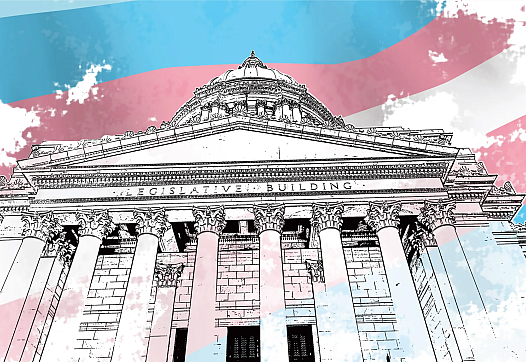
A region that protects the rights of transgender youth feels the impact of anti-LGBTQ+ laws sweeping the country.
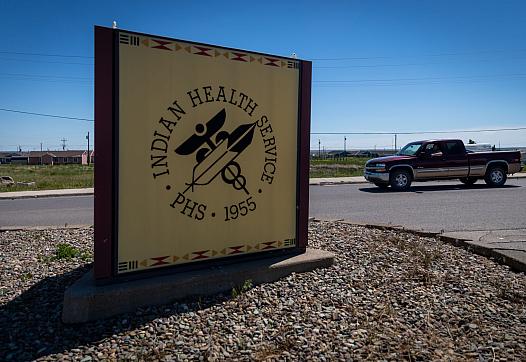
Premature deaths are a grievous reality in tribal communities. The consequences ripple across generations.
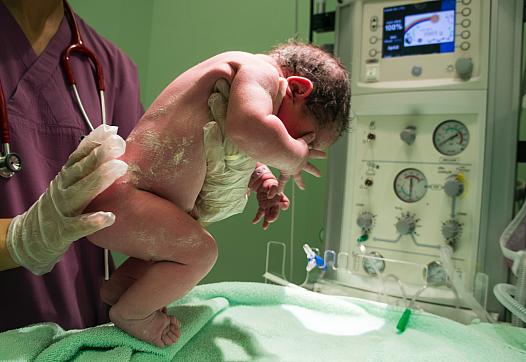
A Los Angeles hospital is under investigation after the death of a Black woman in its maternity care. The lack of diversity in clinical trials for an Alzheimer's drug raises concerns for patients.

A former judge wants youth who are grappling with violence and poverty to know that there are more paths open to them than they imagine.

Explore the systemic failures in California's family courts that perpetuate injustice for domestic violence survivors, including dismissive judges and a lack of transparency.
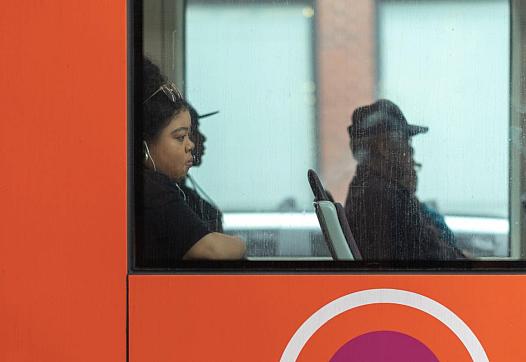
Also this week: Asian Americans with ADHD go underdiagnosed, and report details failings in health care for women, people of color.
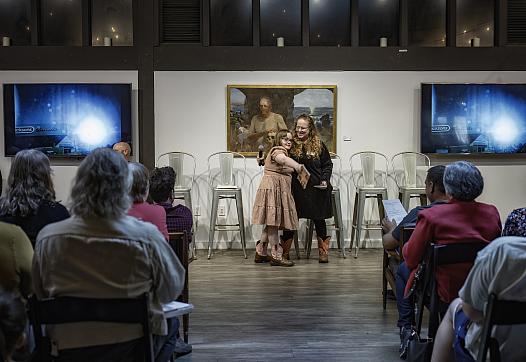
A reporter reflects on what she learned from a five-part series on the abuse of people intellectual and developmental disabilities, and the broader social challenges they face.